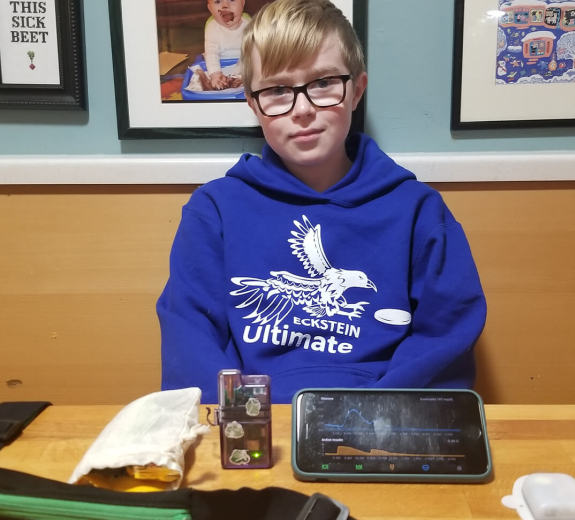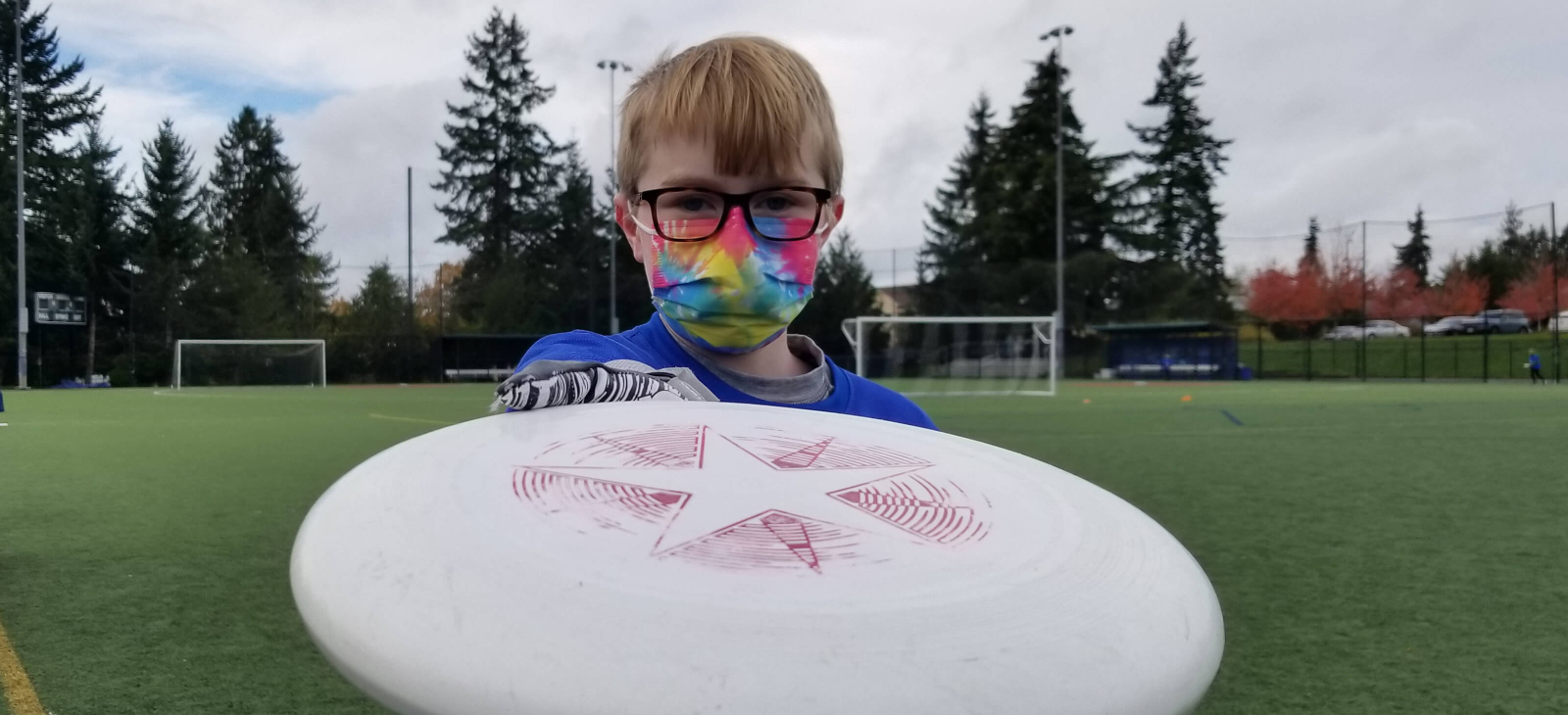Thatcher Heldring is a freelance writer and author focused on type 1 diabetes, environmental education, and other issues related to children and health. He has partnered with clients working on literacy, sustainable communities, youth leadership development, and health policy. He is also the author of four sports novels for young readers and the father of an 11-year-old T1 and a 14-year-old T3. You can reach Thatcher through his website at www.spitballinc.com.

Back to School With Type 1 Diabetes
The transition from elementary school to middle school is a big step for any kid. Multiple teachers instead of one, new letter grades, no recess. It’s a different world, especially when most of fifth grade took place at home because of the COVID-19 pandemic.
What are all these changes like for a sixth grader with an autoimmune disease? I asked my son Peter, who was diagnosed with type 1 diabetes just before his third birthday, to share what the first couple months of middle school have been like as he navigates new hallways, makes new friends and manages his blood sugar more independently than ever.
In his answer, Peter talks about his equipment. These are the devices he uses to monitor his blood sugar. The kit includes:
-
An insulin pump and a continuous glucose monitor (both attached to his arm)
-
An iPhone that he uses to give himself insulin and that relays data to his nurse and parents
-
A watch that allows him to communicate directly with us throughout the day
-
Candy to treat low blood sugar
We are grateful for this technology, and for scientists at BRI and other research institutes who are working hard to develop better treatments for type 1 diabetes. In the meantime, we live with the disease as a family every day because type 1 diabetes is a 24/7 condition that never gets better. Of course, nobody feels this reality more than Peter. Here is what he had to say about being a middle schooler living with type 1 diabetes.

The things people ask.
My favorite thing about middle school is that we have more freedom and that I get to hang out with my friends again. It feels weird to be back in school, but it’s also great to get out every day. I was most worried about getting lost. Luckily, within a week I learned where all my classes are and memorized my schedule.
Having type 1 diabetes at middle school is a lot of responsibility. I have to keep my equipment with me everywhere I go. I have to check my number every hour to make sure I’m not high or low. And I have to remember to give myself insulin before lunch. I do that with my phone. Usually I try to do it quickly and silently. I go to the app. I enter in how many carbs I’m eating and I put it away as soon as I can.
It’s always awkward to take my equipment out in class because I feel like other kids will ask questions. That’s the hardest part about having type 1 diabetes in middle school. I don’t want anyone looking at me or talking about me or having lots of attention focused on me. That can be annoying because I don’t always know what to say. If they ask me “What’s that thing on your arm,” I tell them it’s medical equipment or that I’m part robot.
I wish the other kids knew what my equipment was. I also wish the other kids knew why I sometimes eat candy in class and what “high and low” mean. I wish they knew that I won’t explode if I eat without giving myself insulin and I wish they knew how to react if I ever passed out from low blood sugar.
One of the biggest differences between elementary school and middle school is that the nurse doesn’t come to my class to check on me anymore. I have to check my blood sugar myself. What I’m most proud of is that I’ve been able to manage my blood sugar and that I’ve gotten a lot better at ultimate.
What I would tell a fifth grader with type one diabetes is that middle school is actually not that different from elementary school. You have a lot more responsibility over your devices. My advice would be do the best you can. Try to remember to give yourself insulin before lunch. It’s okay to questions and ask for help. And don’t check Tiktok in the middle of class!
Immuno-what? Hear the latest from BRI
Keep up to date on our latest research, new clinical trials and exciting publications.



